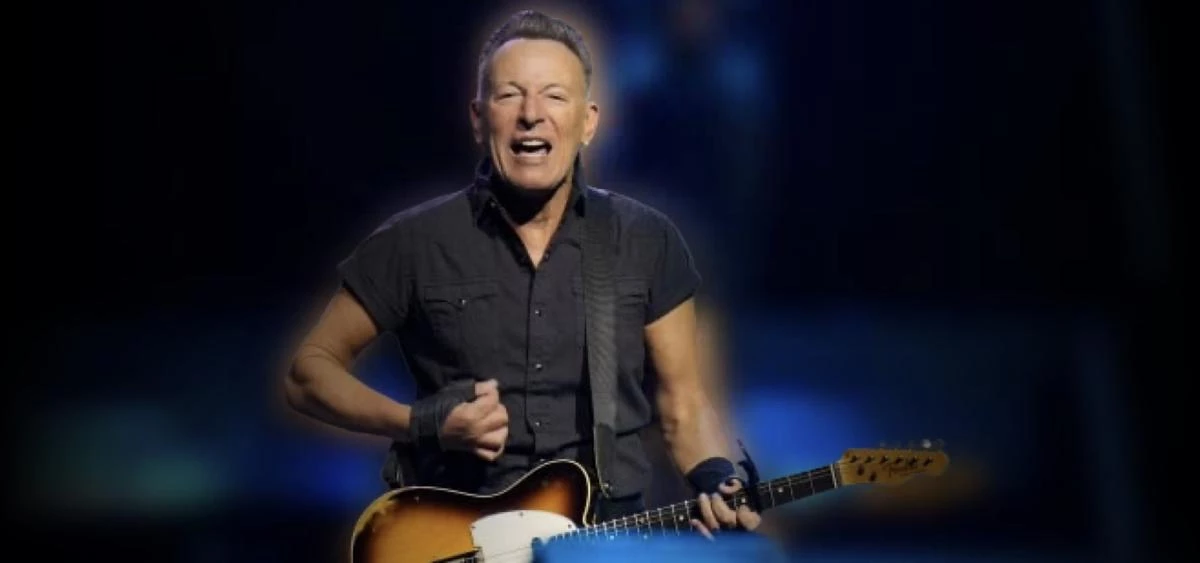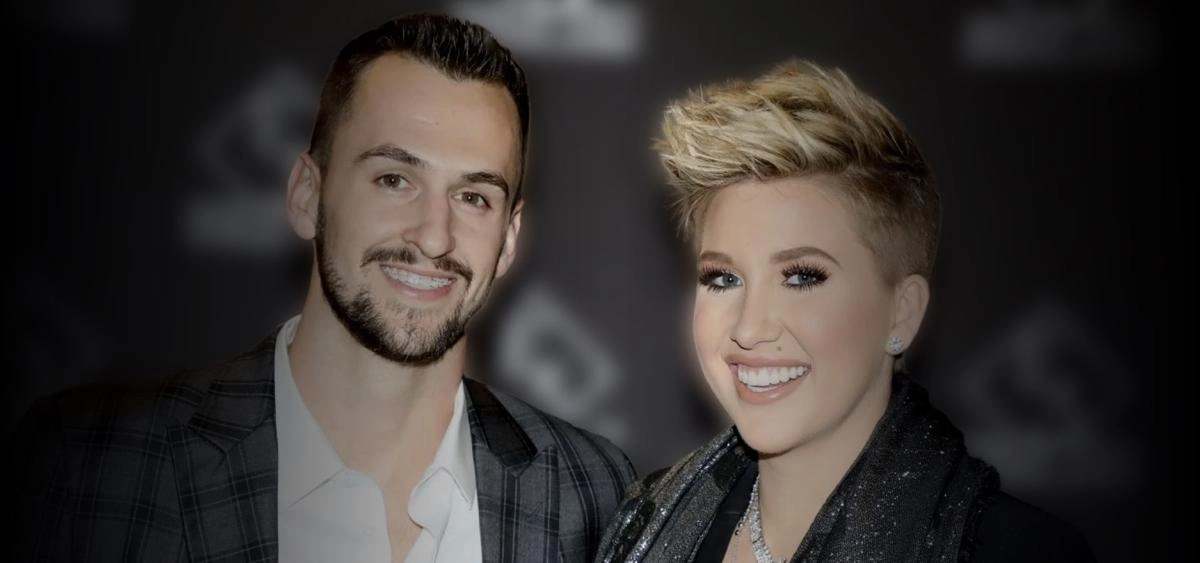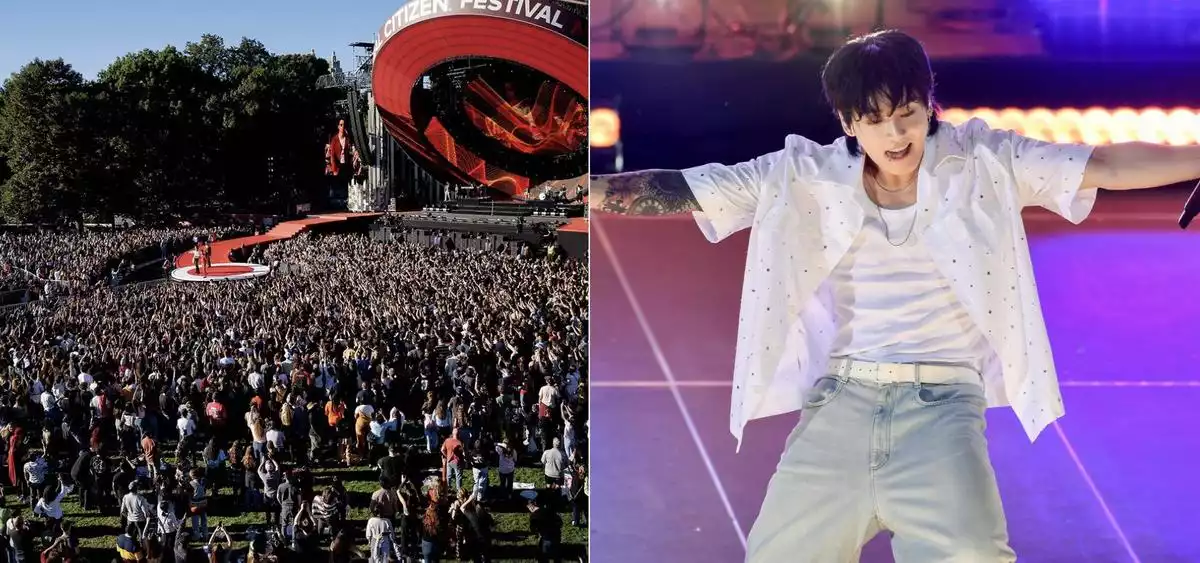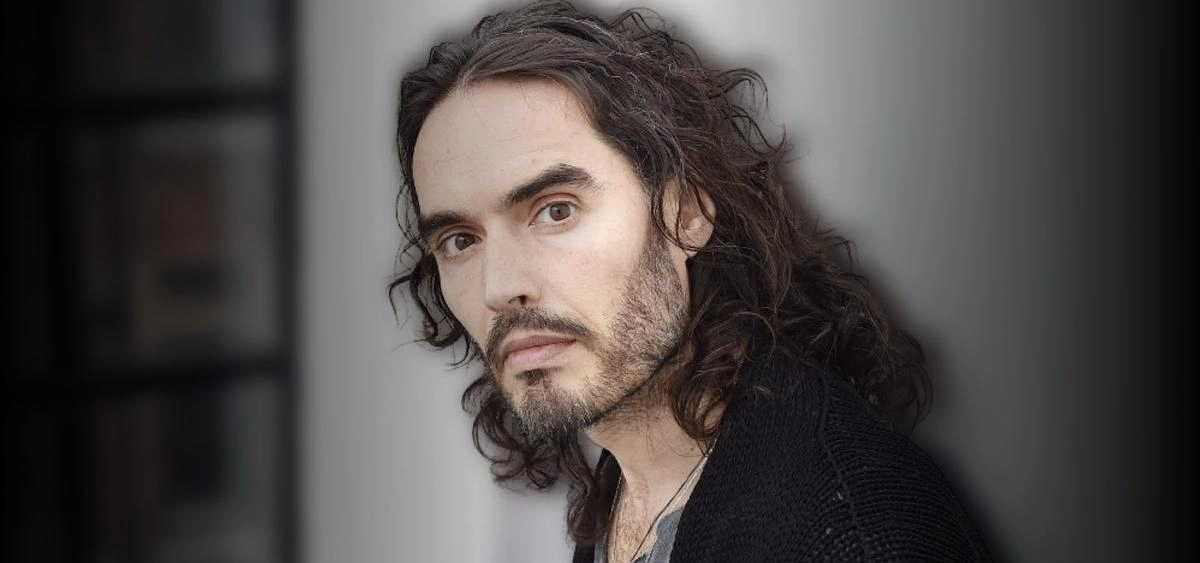Black Mirror Season 6 offers a chilling exploration of our tech-driven society, highlighting the dark side of the online broadcasting era.
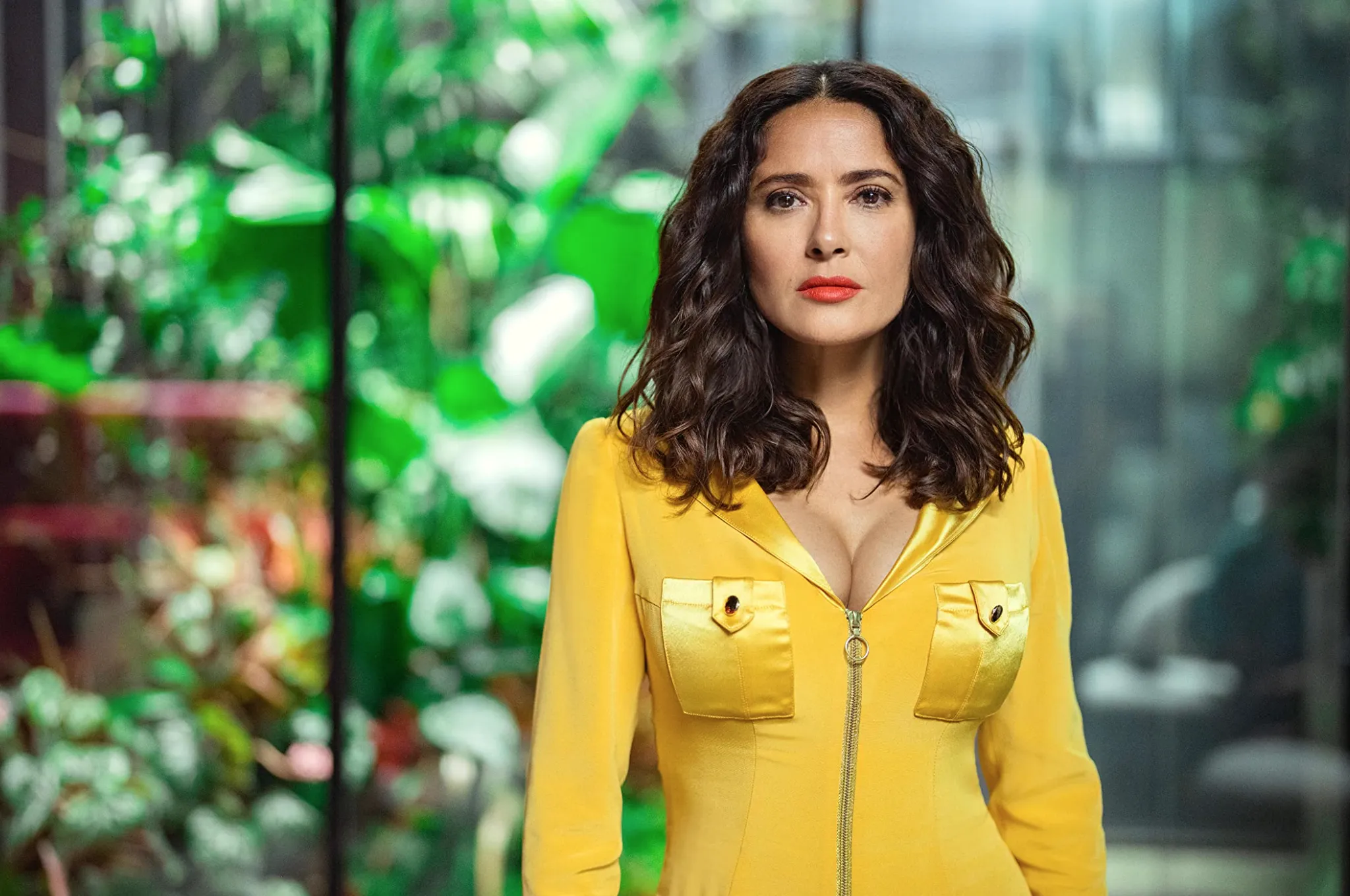
Photo Credit: Netflix/IMDB
Conundrums and worrying tendencies abound in modern life, making it difficult to keep up. Charlie Brooker, the creator and main writer of the sci-fi/fantasy anthology series Black Mirror, returns with the sixth season, delivering a thought-provoking study of our dark era’s tech, media, and politics. While certain episodes may feel a little archaic, the season presents compelling stories that dive into the dark side of the streaming era. Let’s take a look at the interesting and twisted realms shown in Season 6 of Black Mirror.
Episode 1: “Joan Is Awful”
Annie Murphy, well known for her Emmy-winning performance in Schitt’s Creek, plays the eponymous character, Joan, in a darkly humorous satire that explores the dangers of social media, artificial intelligence in entertainment, deepfake technology, and image rights. Viewers are shocked by the lack of control individuals have over their own image and story as Joan’s regular existence morphs into a OTT drama. The episode deftly addresses the emerging topic of artificial intelligence and its possible influence on personal and professional lives. “Joan Is Awful” exhibits Black Mirror’s sarcastic tone, including meta aspects and humorous moments.
Episode 2: “Loch Henry”
“Loch Henry” delves into the obsession with true crime and the dehumanization of the people involved. This predictable yet compelling thriller follows a young couple as they explore a small Scottish town’s dark past. As the episode presents the chilling reality that real-life crimes happened to actual human beings, it prompts viewers to reflect on their own fascination with true crime. While not entirely groundbreaking, “Loch Henry” captures the essence of Black Mirror’s heyday, immersing audiences in its wicked darkness.
Episode 3: “Beyond the Sea”
In “Beyond the Sea,” Black Mirror takes a sorrowful turn, delivering a sci-fi period piece that explores the sacrifices made by astronauts. Aaron Paul, Josh Hartnett, and Kate Mara portray characters who beam their consciousnesses into robots to be with their families on Earth while fulfilling their space mission. The episode ventures into bleaker territory, pushing past predictable twists and embracing a sense of solemnity. Although lacking the zeitgeist verve of earlier Black Mirror episodes, “Beyond the Sea” is a testament to Brooker’s timeless storytelling.
Episode 4: “Mazey Day”
“Mazey Day,” delves into the theme of celebrity obsession and the harmful effects of paparazzi culture. However, this particular episode feels somewhat outdated, as it addresses a topic that was more relevant around 15 years ago. Despite being set in 2006, the episode fails to resonate with present-day viewers.
Episode 5: “Demon 79”
“Demon 79” takes a bold swing, presenting a violent supernatural comedy that revolves around averting the end of the world. Reflecting a dreary view of humanity, this episode plays with the idea of inevitable doom. While the narrative may seem like a foregone conclusion, it highlights the often bleak and outrageous nature of Black Mirror’s characters. The episode reminds us of the unsettling aspects of our society while delivering dark humor and absurd situations.
Throughout Black Mirror’s run, Charlie Brooker has hinted at a shared universe, with recurring Easter eggs connecting seemingly unrelated episodes. In season 6, however, the status of this shared universe becomes more elusive. Brooker intentionally takes the series in a new direction, introducing supernatural elements and setting episodes in different time periods. This creative decision has left fans questioning the continuity of the Black Mirror universe. Brooker suggests imagining these episodes as shows within Streamberry, the fictional OTT platform introduced in “Joan Is Awful,” offering a fresh perspective on the series.
Season 6 of Black Mirror has captivated fans with its thought-provoking storytelling and grim reflections on current society. While certain episodes may feel antiquated or predictable, the cumulative impact is substantial. Charlie Brooker’s ability to question our preconceptions of technology, journalism, and politics is admirable. Despite its imperfections, Season 6 of Black Mirror reminds us of the perils and complexities of our technological future, prompting us to consider our own obsessions and concerns. As the streaming era progresses, Black Mirror offers a chilling warning of the twisted worlds that may await us.
Stay connected with Today On Globe for the latest Global Issues and News Updates.
Explore more related articles at [TOG News / TOG Article]


